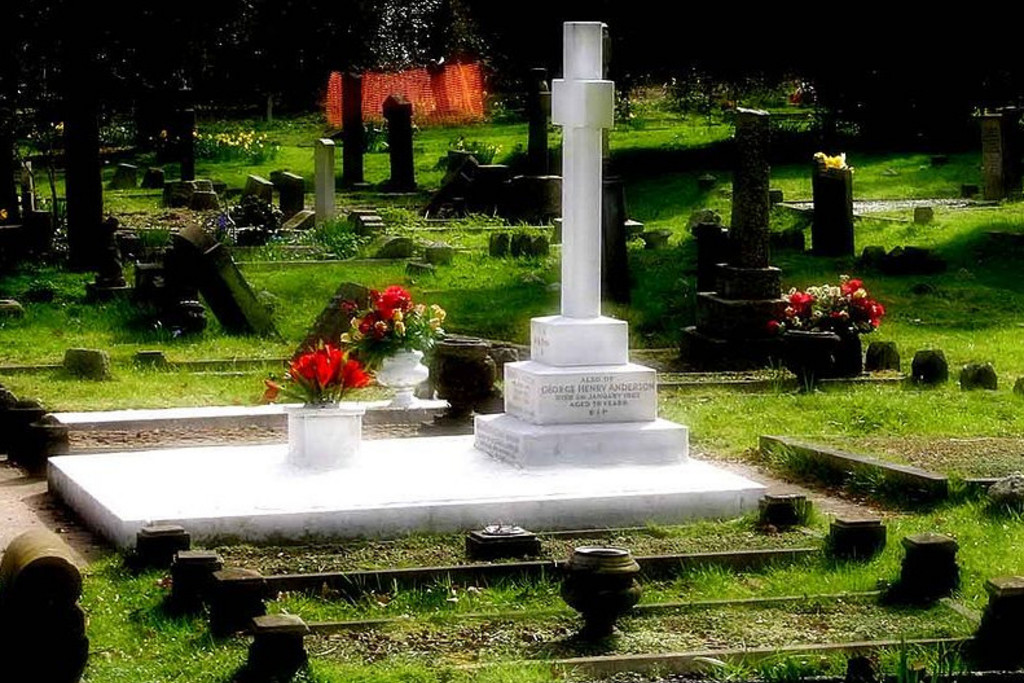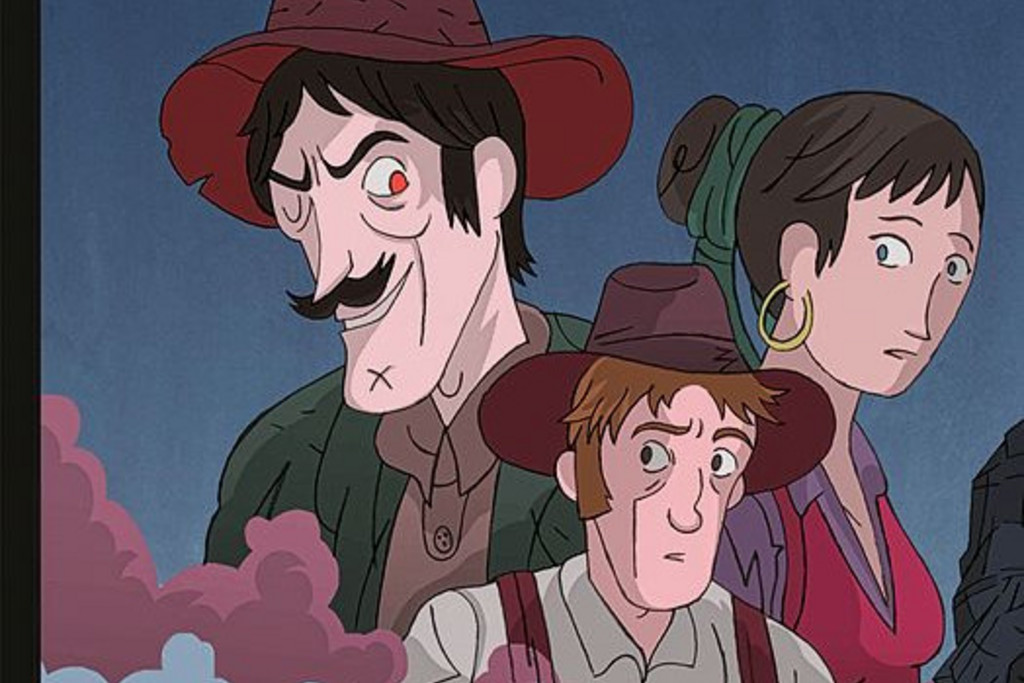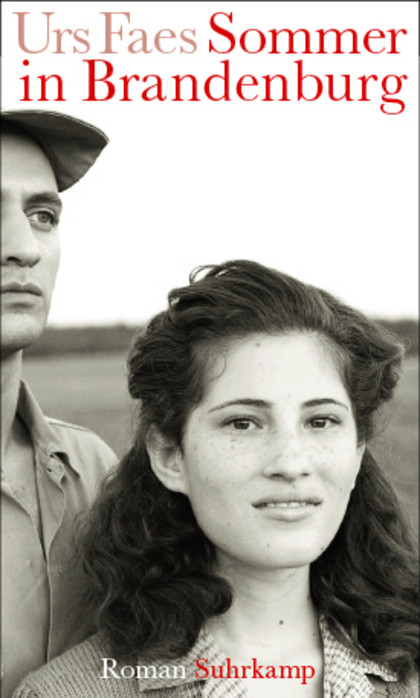Urs Faes | Love in foreboding times
14.08.2014 – Barbara Engel
“There can be no forgetting; what transcends reason cannot be forgotten,” remarks one of the survivors in Urs Faes’ book “Sommer in Brandenburg” (Summer in Brandenburg). The narrative, which is actually a work of literary and historical research, begins in 1938. Ron and Lissy meet at the Hachschara centre in Ahrensdorf near Trebbin, one of the farms run by the “Reich’s Deputation of the Jews in Germany” along Zionist lines. He is from Hamburg, she comes from Vienna. Both are from affluent middle-class backgrounds. At the “emigration training facility” in Ahrensdorf, young Jews learn about arable farming, beekeeping, agricultural work and craftsmanship to prepare them for emigration to the promised land and a future as settlers in Palestine. Love blossoms between Lissy and Ron. Urs Faes allows this love story to unfold as literary imagination. Stolen glances, surreptitious brushes, the desire and great hope of a future together – and a day and night together just before they separate. Faes involves us in his research. In the life of the young people on the farm, an almost idyllic place despite the strict rules, hard work, doubts and fears, news of the gruesome events of nationalistic racial fanaticism only initially arrives through letters from parents and siblings. There are reports of exclusion, humiliation, expulsion and deportation.“We had no idea how bad it would become,” recalls Efraim Jochmann, known as Efri. Faes visits him during his research in Jerusalem. Efri, a 13-year-old orphan back then, was the youngest person at the Ahrensdorf farm. “Never in my entire life have I felt so looked after as I did on that country estate,” he recounts as an old man. But the time comes when the Nazis will no longer tolerate the farms. Lissy had obtained her permit to emigrate with a group to Palestine shortly beforehand. Ron and Efri are sent to the Neuendorf compulsory labour camp; Ron is carried off to a concentration camp in 1943. This is the last we hear of him. And all trace is lost of Lissy somewhere on the journey to Palestine or in Palestine itself.“I’m completely enraptured by you. You will remain in my heart for as long as I live,” writes Ron in a letter to Lissy. It is his last letter – a love story without a happy ending. It was a mere coincidence that Urs Faes stumbled upon this story through photos at the Museum of the Jewish People in Tel Aviv and carried out his research. As an author, not only does he describe the love story as he envisages it from the information available, he also breaks up the chronology of the events using four sequences with notes from his research. This stylistic device may irritate initially, but the encounters with witnesses increasingly emerge as a second moving plotline.
Urs Faes, “Sommer in Brandenburg”; Suhrkamp Verlag, Berlin; 262 pages; CHF 28.50, EUR 20; also available as an e-book.












Comments
Comments :